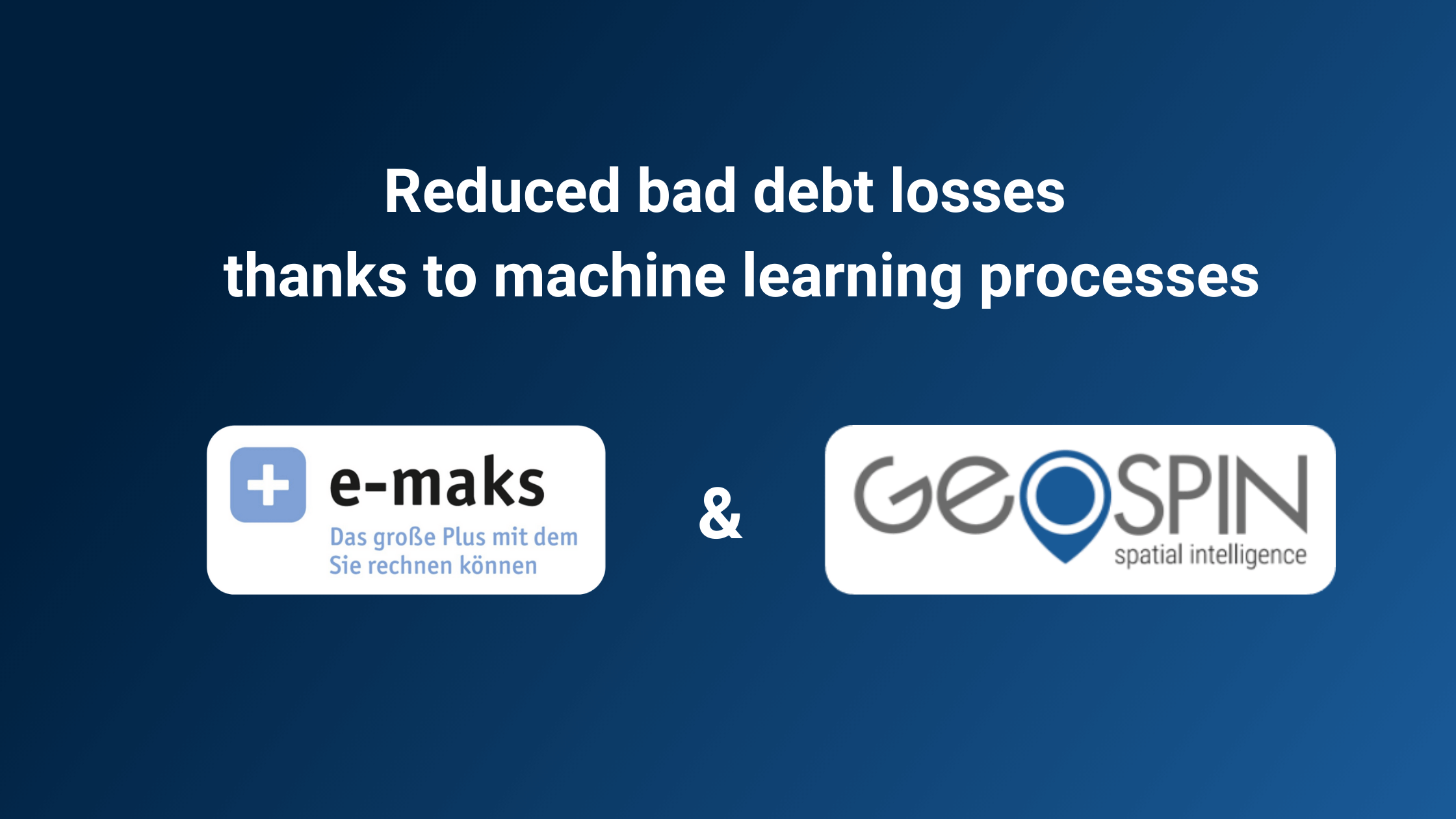With increasing digitization, customer expectations are changing - also when it comes to concluding energy contracts. Quick, digital order lines are now standard and are no longer enough to differentiate one's company from the competition. More and more energy suppliers are therefore offering their customers attractive bundle products in addition to their classic energy contract. These include for example smartphones, televisions or gaming consoles, which are financed together with the energy contract. As a result, the energy suppliers are struggling more frequently with the risks and challenges from the classic eCommerce business: attractive products not only attract customers who are willing to pay, and the loopholes that online sales offer are readily exploited. Fraudsters often target the expensive devices, causing additional expenses and financial damages for the energy supplier.
In order to identify and avoid potential bad debt losses as early as possible, we have developed an analysis, which aims to improve selectivity as early as the application management stage, as part of a project with E-MAKS. E-MAKS is a service provider for all clients in the energy sector and stands for innovative data and process management. The project is supported by Thüga Innovation.
By enriching the existing customer data from the order process with our context data, a model was trained for a pilot customer of E-MAKS on the basis of machine learning, with which each contract application can be additionally evaluated in the future. In the case of energy contracts, the review of contract applications is of additional importance, because several months can pass between the conclusion of the contract and the start of delivery or payment. Hence, so-called "non-payers" are noticed with a time delay and necessary adjustments in the application process become clear only very late. The newly developed scorecard enables E-MAKS to improve the classification of potential customers in the sense of proactive receivables management as early as the application process.
With the help of the new model, in addition to the existing assessment methods, customers who are likely to be able to pay can be better distinguished from customers who are unable or unwilling to pay. Based on the trained model, a decision is made as to whether the customer will be rejected by the system or whether the contract will be concluded. This significantly reduces the number of bad debt losses for the energy supplier. Moreover: as the number of customers wrongly rejected by the system but potentially willing to pay is reduced, the joint model from us and E-MAKS also increases sales.







